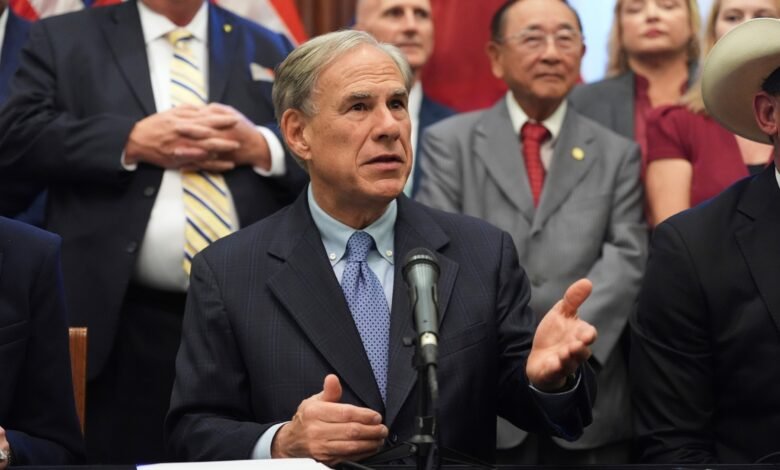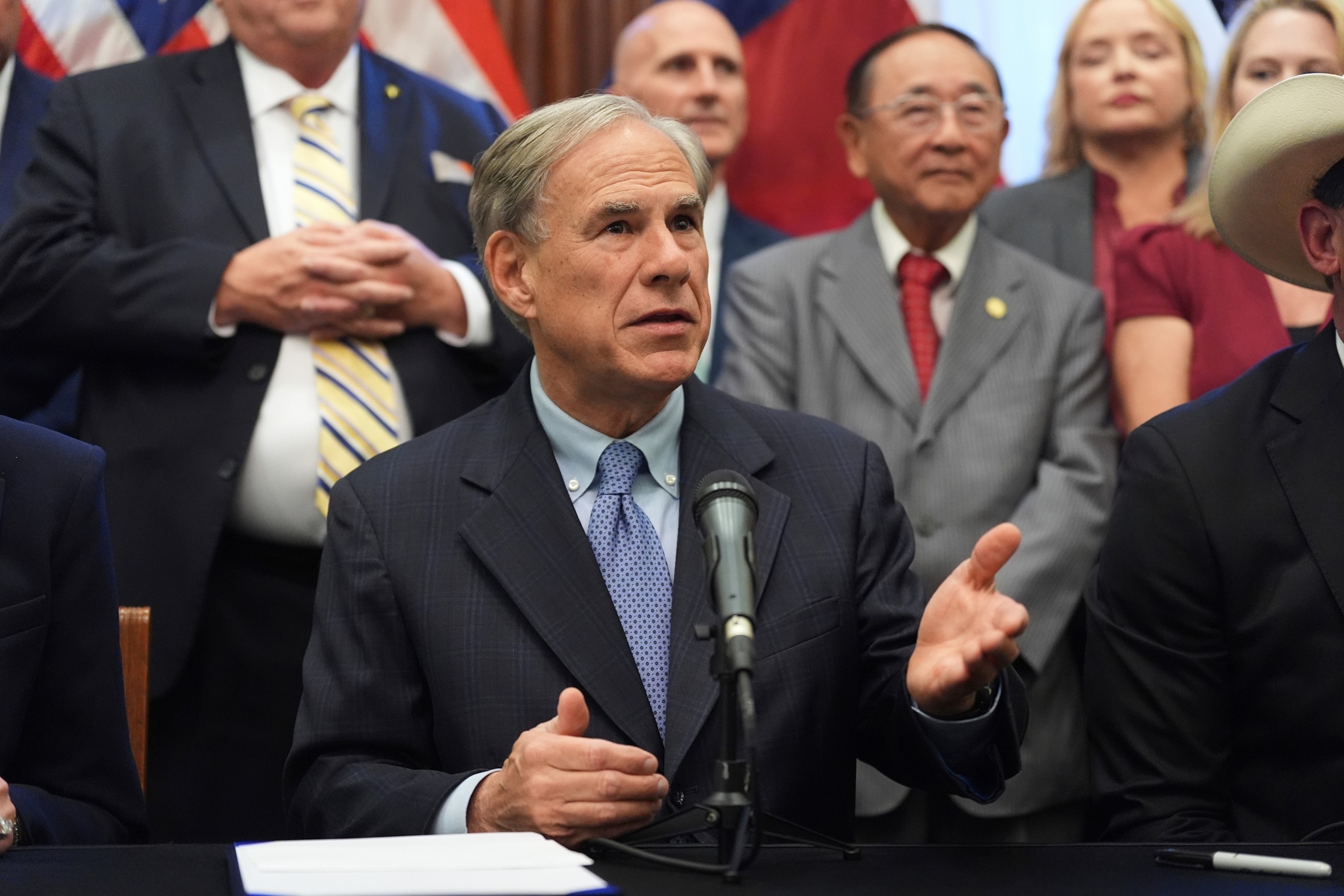Alito suspends lower court ruling that would have blocked Texas redistricting

Supreme Court Justice Samuel Alito temporarily stayed a lower court order that would have prevented Texas from implementing its new congressional map.
Alito did not explain his decision to impose an administrative hold, which is a “time out” to freeze the status quo and give the justices time to consider the matter and says nothing about the actual merits of the dispute.
Alito’s order Friday night came less than an hour after Texas Gov. Greg Abbott and the state’s lawyers filed an emergency petition with the Supreme Court seeking to preserve the state’s controversial mid-decade redistricting plan, aimed at securing five more Republican seats in the House of Representatives.
In a decision earlier this week, the lower court’s majority opinion said “substantial evidence” indicated the state’s new map was an illegal racial gerrymander, acting on a Justice Department memo that explicitly referenced a logic of racial predominance.
In its court filing, Texas criticized the majority opinion written by Trump-appointed District Court Judge Jeffrey Brown for failing to assume good faith on behalf of the legislature and adequately disentangle race and politics as possible motives when drawing a map.
The state also insists that Judge Brown should never have issued a ruling because the dispute arose too close to the 2026 election, just weeks before the Dec. 8 candidate filing deadline.
“The chaos caused by such a court order is obvious: the campaign had already begun, candidates had already gathered signatures and submitted applications to appear on the ballot under the 2025 map, and early voting for the March 3, 2026 primary was just 91 days away,” the state argued in its filing.

Texas Governor Greg Abbott speaks to the media after a bill signing as Texas senators debate a bill regarding a redrawn map of the United States Congress during a special session in the Senate Chamber at the Texas Capitol in Austin, Texas, on August 22, 2025.
Eric Gay/AP
It asks the justices to issue a stay by Dec. 1, effectively ensuring that the mid-2025 map can be used in the midterm elections.
The court asked for a response from the plaintiffs in the case by Monday at 5 p.m.
The state’s emergency request comes days after a lower court dropped its bombshell 160 page decision invalidate Texas Republicans’ mid-decade redistricting effort as blatant racial gerrymandering.
Brown’s opinion, released Tuesday, prevented Texas from implementing a new congressional map for the 2026 midterm elections, concluding that “substantial evidence shows that Texas racially gerrymandered the map.”
The decision stirred a nationwide redistricting arms race. started by President Donald Trump as part of an attempt to retain Republican control of the closely divided House of Representatives.
Brown concluded that the entire redrawing effort, which typically only occurs once a decade, was carried out primarily in response to an explicit request from Trump’s Justice Department “based entirely on the racial makeup” of four Democratic-held districts.
Federal law and Supreme Court precedent prohibit race from being a predominant factor in drawing maps that intentionally disenfranchise minority voters or effectively dilute their influence.
In his dissent, published the next day, Justice Jerry E. Smith accused Brown of following the orders of billionaire liberal activist George Soros and California’s Democratic governor, Gavin Newsom, defended the redrawn map of Texas in the middle of the decade as a purely partisan and entirely legal exercise.
“The most obvious reason for midterm redistricting, of course, is partisan gain,” not deliberate racial animus, Smith wrote. He noted that the Supreme Court has said that courts should avoid interfering with the political exercise of mapping.





